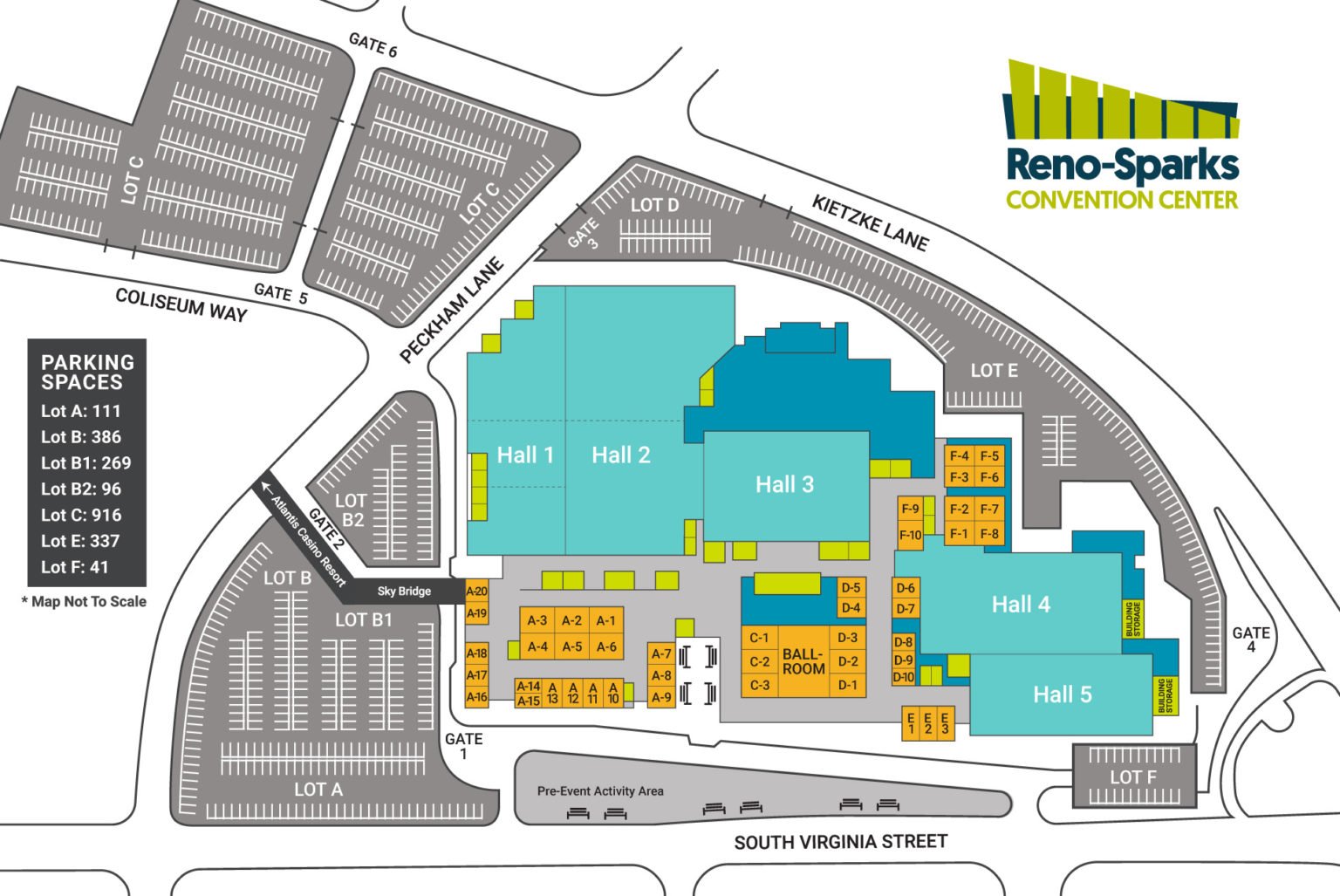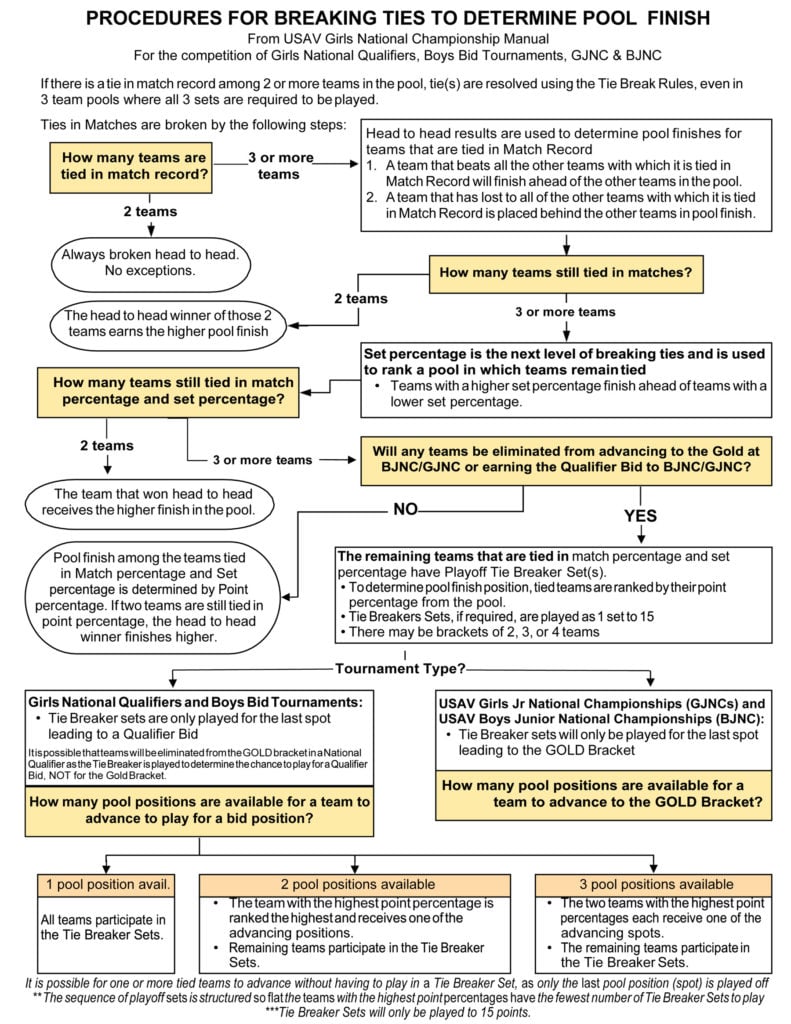Parent General Information
Demographic Research Concerning Birth Month and School Starting Dates
NCVA Fee Analysis (Girls & Boys): Detailed breakdown of membership and event fees paid to NCVA.
Responsible Sportsmanship Conversation Guide
Sanctioned Events: Detailed information on Sanctioned and Non-Sanctioned Events.
The Best Way to Cheer for Your Child – Wall Street Journal
USAV Background Screen Policy: Detailed information on the USAV background screen process and dis-qualifiers.
USAV Sanctioned Events Attendance Policy: Detailed information on the attendance policy of USA Volleyball.
| Healthy Snack Options | |
| Olympic Caliber Nutrition | Nutrition for Volleyball Players |
| Snack List Template | Tournament Weekend Nutrition |
Fast Facts
• Concussions can occur in any sport.
• A concussion is a brain injury and all are serious.
• Most concussions occur without loss of consciousness.
• Recognition and proper response to concussions when they first occur can help prevent further injury.
What is a Concussion?
A concussion is a type of traumatic brain injury, caused by a bump, blow, or jolt to the head that can change the way your brain normally works.
Concussions can also occur from a blow to the body that causes the head to move rapidly back and forth. Even a “ding,” “getting your bell rung,” or what seems to be mild bump or blow to the head can be serious.
Concussions can occur in any sport or recreation activity. So, all coaches, parents, and athletes need to learn concussion signs and symptoms and what to do if a concussion occurs. The Center of Disease Control and Prevention (CDC) has created free tools for youth and high school sports coaches, parents, athletes, and health care professionals that provide important information on preventing, recognizing, and responding to a concussion:
How can I recognize a possible concussion?
What should I do if a concussion occurs?
What can I do to prevent concussions in sports?
Where can I find additional resources?
Concussion Assessment Tool (SCAT5): The SCAT5 is a standardized tool for evaluating concussions designed for use by physicians and licensed healthcare professionals. The SCAT5 cannot be performed correctly in less than 10 minutes. If you are not a physician or licensed healthcare professional, please use the Concussion Recognition Tool (CRT5).
Concussion Recognition Tool (CRT5): To help identify concussion in children, adolescents, and adults.
Heads Up Online Training Course
The CDC offers online training.
This online training program will cover a wide variety of information about concussion, including signs and symptoms, how to respond to a suspected concussion, steps to take to assist an athlete after being cleared to safely return to play.
We encourage all parents to go through their coaches and club directors for all questions regarding club volleyball.
We also encourage all parents to read our Handbooks and league pages for each division as they are great places to get more detailed information.
If you have exhausted these means and still have not had your questions answered, or feel that you cannot approach your coach/club director, please contact us.


